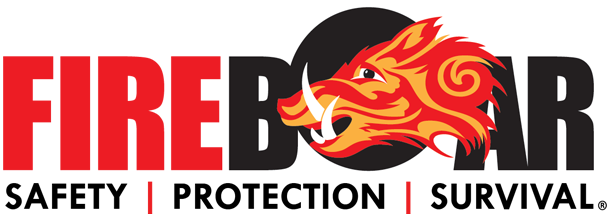Smoke alarm compliance mistake
As the days grow shorter and the nights grow colder, proactive investors are updating their smoke alarms to fit new compliance legislation, but one mistake can cost them thousands.
As the days grow shorter and the nights grow colder the dropping temperature serves as a prudent reminder to investors to make sure their rental properties have working smoke alarms.
New legislation off the back of an inquest into the deaths of 11 people in a house fire in Slacks Creek 2011 will see all rental properties in Queensland required to ensure their smoke alarm systems are fulfilling new compliancy requirements by January 1, 2022.
This includes having smoke alarms installed in every bedroom; smoke alarms powered by either 240 volt or 10-year lithium batteries, having interconnected and photoelectric smoke alarms, and ensuring smoke alarms meet the Australian Standard 3876:2014.
While 2022 still seems a fair distance away, Smoke Alarm Solutions COO Michelle Parsons said from May 1, 2019, a staggering 799 properties a day would have to be upgraded in order for all of the rentals in Queensland to meet the deadlines.
At present, smoke alarms are required to be on each storey and in hallways near the bedroom, as well as in clean and working order.
Ms Parsons said many landlords are trying to be proactive by updating their properties to fit the legislation, however many are being caught out, with their updates still not being compliant.
“We are already seeing concerning trends with landlords trying to upgrade with third parties,” Ms Parsons said.
“They are trying to do the right thing and get an upgrade but 39 per cent are failing to comply.
“Almost 50 per cent are failing to comply because the electricians are just putting the wrong alarms in.”
She said the average cost for the update was $1200, although many owners were paying more because they were not updated correctly in the first instance.
Smoke Alarm Solutions offer a subscription service that checks on alarms regularly and ensures they are up to date with the latest legislation.
Most properties built before 2017 will be affected by the changes, as those built after that date should already be compliant.
Recent Queensland Fire and Emergency Services and Smoke Alarm Solutions data has revealed operational fire alarms within Queensland homes has been on a downhill slide for the past two years.
Only 80 per cent of smoke alarms were operational in 2018, down from 84 per cent in 2017 and 87 per cent in 2016. Shockingly, only 28 per cent of 2257 Brisbane respondents had smoke alarms in their main bedroom.
Article by Paige Carfrae – The Courier-Mail – Source Link

